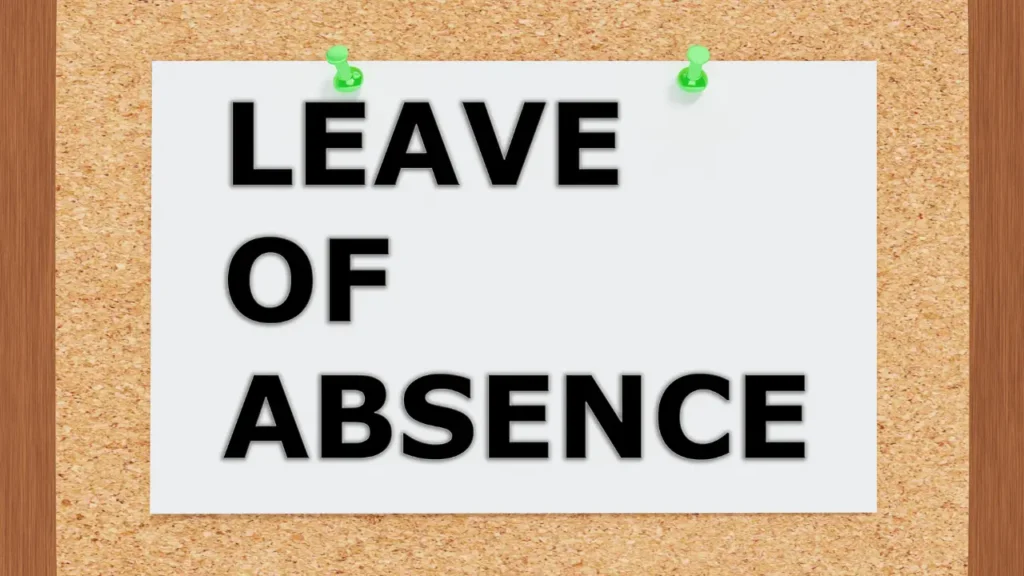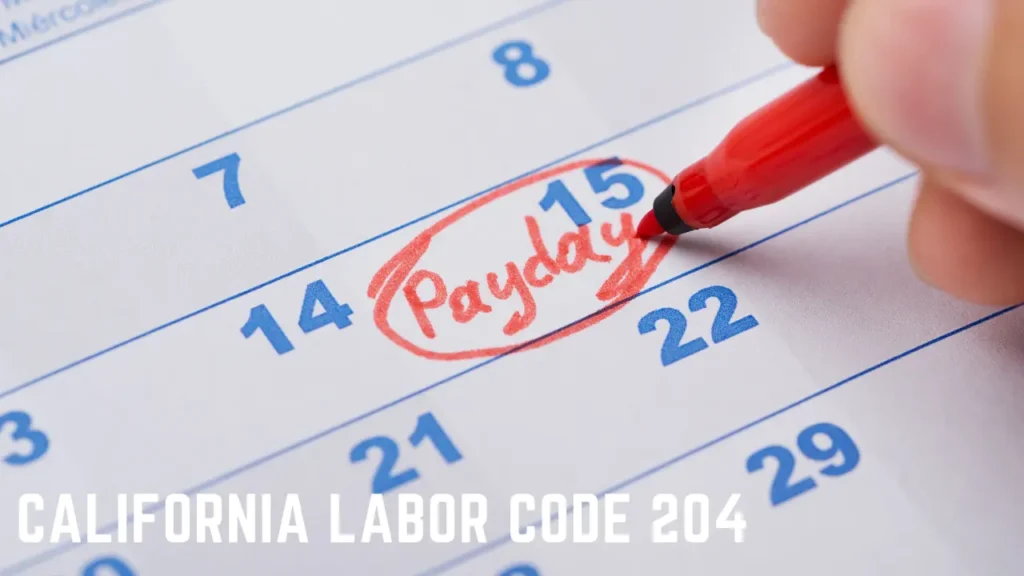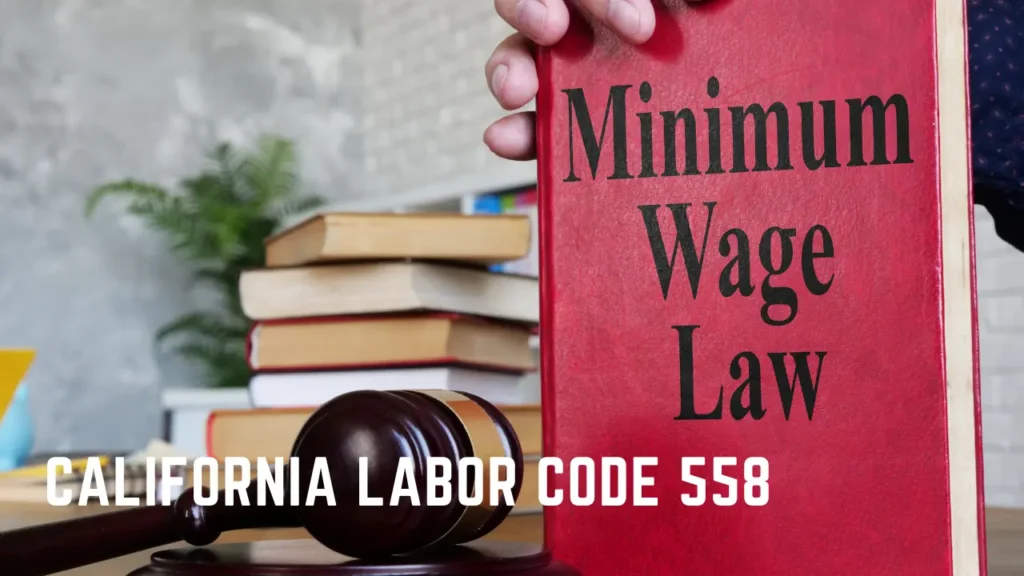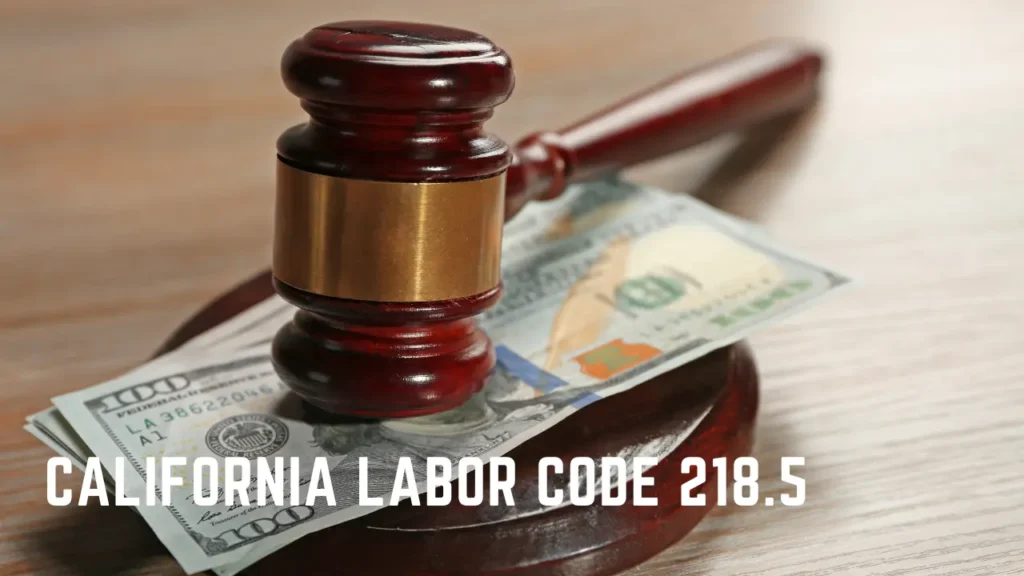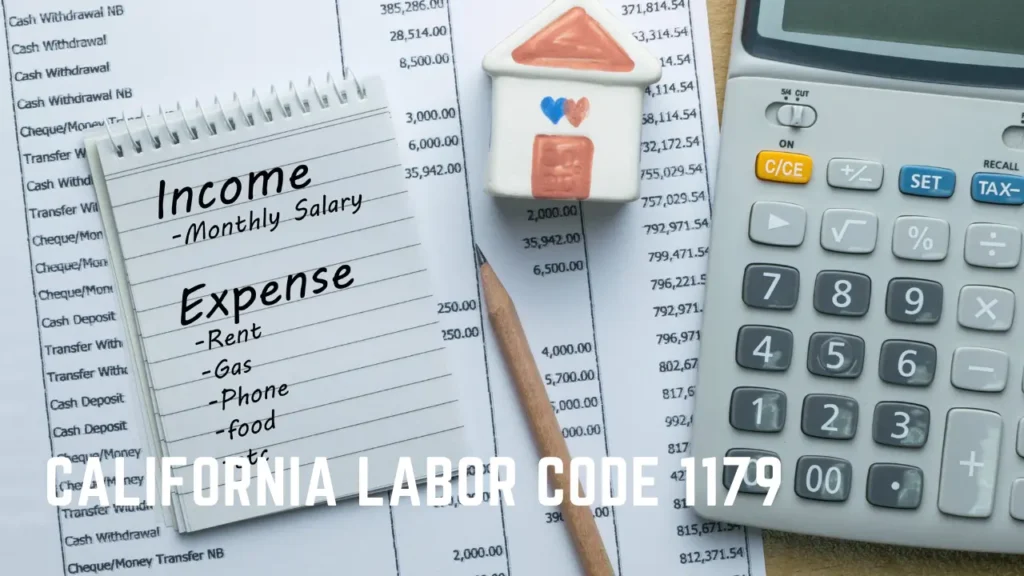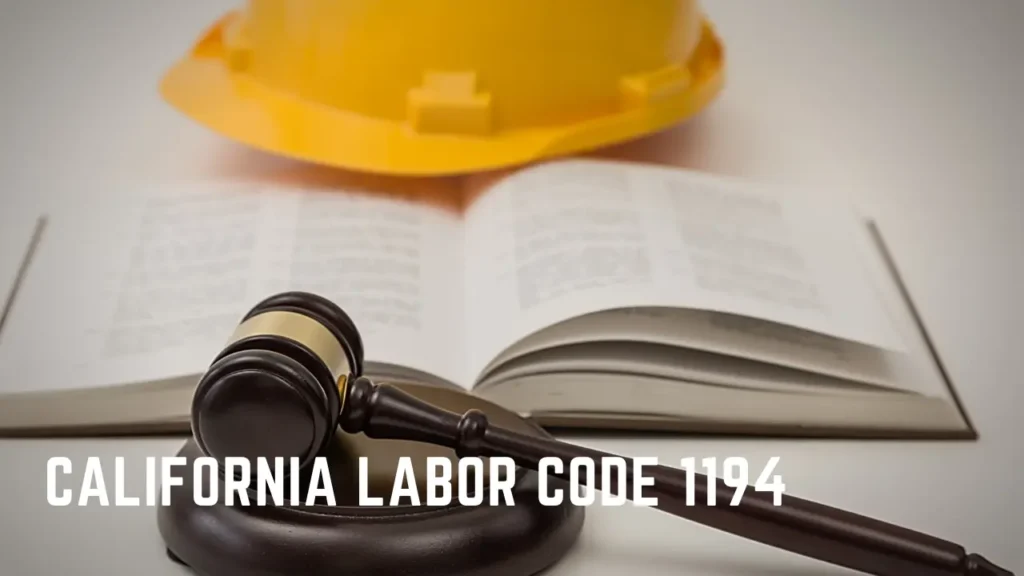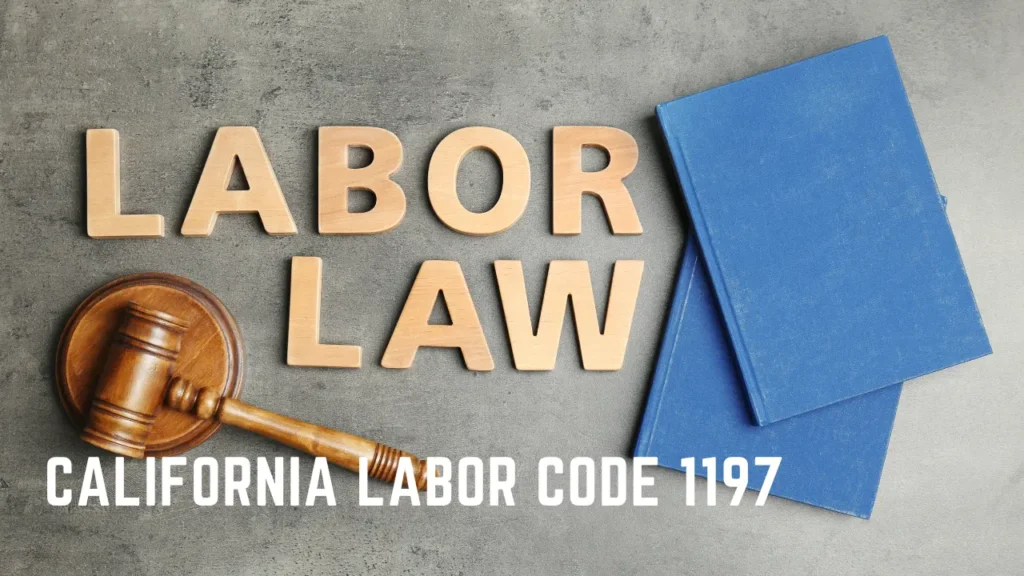Table of Contents
ToggleWhile some companies generously offer paid holidays as part of their employment packages, others might wonder if this practice is a legal obligation or simply a discretionary benefit.
The lack of explicit regulations mandating holiday pay, coupled with the nuanced differences between exempt and non-exempt employees, makes this a complex issue to navigate.
As we delve deeper into this subject, we will uncover the legalities, implications, and potential benefits surrounding holiday pay in California, giving employers a clearer perspective on their responsibilities and options in this regard.
Understanding California’s Holiday Pay Regulations
In the realm of California labor laws, it is essential to understand that no federal or state regulations mandate employers to provide holiday pay or time off to their employees.
However, if an employer does choose to recognize holidays, they must adhere to certain protocols. For instance, if an employer promises holiday pay in an employment contract or handbook, they are legally obliged to fulfill this promise.
Conversely, if no promise is made, employers are not required to pay any additional wage for holidays, regardless of whether they fall on a working day.
Nevertheless, employees categorized as non-exempt are entitled to overtime pay if they work more than 40 hours in a workweek, even if these hours are on holidays.
Employer Obligations for Holiday Pay
While there is no legal requirement for employers in California to provide holiday pay, they are bound to fulfill any commitments made in employment contracts, handbooks, or verbal agreements. If such promises have been made, the employer is obligated by law to provide the agreed-upon holiday pay. Non-adherence can be deemed a breach of contract, opening avenues for employees to seek legal recourse.
Moreover, while federal law does not mandate holiday closures, employers must abide by overtime laws if employees work over 40 hours in a week, which can include holidays.
Lastly, employers must adopt a consistent policy regarding holiday pay to prevent claims of discrimination. Thus, while holiday pay is not legally compulsory, commitments and fair practices must be upheld.
Exempt Vs. Non-Exempt Employees
Understanding the distinction between exempt and non-exempt employees is crucial when considering holiday pay obligations in California.
- Exempt employees are typically salaried workers in executive, professional or administrative roles. These employees are not entitled to overtime pay, and their salary covers all hours worked, irrespective of holidays.
- Non-exempt employees, often paid hourly, are eligible for overtime pay if they work more than 40 hours in a week or more than 8 hours in a day. If these employees work on a holiday, they must be paid overtime, unless a different arrangement is stated in an employment contract.
- The onus is on employers to correctly classify their staff. Misclassification can lead to substantial penalties and back pay for unpaid overtime.
Contractual Obligations for Holiday Pay
Though holiday pay is not mandated by state or federal law in California, employers often commit to providing it through various contractual obligations. These can include explicit agreements in employment contracts, collective bargaining agreements, or implied commitments through company handbooks or policies.
Regardless of the form, once an employer commits to holiday pay, it becomes a legal obligation. If employers fail to fulfill their promised holiday pay, employees have the right to seek legal recourse for breach of contract. It’s crucial for employers to understand their commitments and for employees to be aware of their rights.
Both parties should maintain clear documentation concerning holiday pay to avoid disputes and ensure compliance with any agreed-upon contractual obligations.
Exceptions to the Holiday Pay Rule
Despite the general absence of mandated holiday pay in California, certain exceptions exist, particularly for Federal Executive branch employees who are entitled to receive holiday pay.
- Federal Executive Employees: These employees, regardless of their location, are entitled to holiday pay under federal law. This includes individuals in positions like postmasters, field office workers, and others.
- Contractual Agreements: If an employment contract, collective bargaining agreement, or company policy explicitly provides for holiday pay, the employer must honor it. This applies even if the company is not legally required to offer holiday pay.
- Public Sector Employees: Many California public sector employees receive holiday pay as part of their employment benefits, although this is not legally required outside of federal executive roles.
Benefits of Offering Holiday Pay
In the realm of employee benefits, offering holiday pay can serve as a powerful tool for employers, yielding significant advantages such as enhanced employee morale, reduced turnover, and greater talent attraction. By recognizing and rewarding employees’ commitment during holiday periods, morale is boosted, fostering a positive and loyal workforce.
This in turn leads to decreased turnover, reducing the cost and resources expended in recruitment, training and integrating new employees. Moreover, offering holiday pay can serve as a compelling incentive in the competitive labor market, attracting highly qualified professionals who might otherwise be lured by other benefits.
Although not legally mandated in California, the strategic value of providing holiday pay can be substantial for employers.
Methods to Offer Paid Holidays
Several effective methods are available for employers in California who wish to provide paid holidays as part of their compensation package.
- Policy Creation: Employers can establish policies promising paid holidays. These can be included in job offers, contracts, handbooks, or agreements. This transparent communication helps ensure employees are aware of their entitlements.
- Holiday Recognition: Employers can recognize common holidays, such as Christmas and Thanksgiving, and additional holidays pertinent to the company or its staff. This demonstrates employer sensitivity to cultural diversity.
- Compensation Options: Employers can offer options like paid days off or premium pay for holiday work. This flexibility allows employees to choose what suits their needs best, enhancing job satisfaction.
These methods reinforce the employer’s commitment to their workers’ well-being.
Consequences for Withholding Promised Benefits
Failing to uphold promised holiday benefits can lead to serious legal repercussions for employers in California. If an employer promises paid holiday time in a job offer, contract, or handbook, they are obliged to fulfill that promise. Violating this can be considered a breach of contract, and employees have legal options to pursue their due compensation.
Employees can file a wage claim with the California Labor Commissioner’s Office or sue the employer for the unpaid amount. Additionally, employers might be held liable for interest on the unpaid amount, a waiting time penalty, and legal costs. Non-compliance can also damage an employer’s reputation, making it harder to attract and retain talented employees.
Therefore, honoring promised benefits is not only ethically right but also crucial for business success.
Legal Actions for Unpaid Holiday Pay
Having explored the consequences of withholding promised benefits, it’s essential to understand specific legal avenues that employees can utilize when faced with unpaid holiday pay.
- Breach of Contract: If an employer has promised holiday pay in a contract, handbook, or verbal agreement, not honoring this may constitute a breach of contract.
- Filing Complaints: Employees can file wage claims with the California Labor Commissioner’s Office if they’re not compensated for agreed-upon holiday pay.
- Legal Representation: If the issue persists, labor attorneys can be sought for legal action against the employer. This path can lead to possible resolution through litigation or settlement.
With these avenues, employees have resources to address and potentially rectify unpaid holiday pay situations.
Payday Procedures on Holidays
While it is crucial to understand the intricacies of holiday pay, it is equally important to be aware of the payday procedures when a holiday falls on a regular payday in the state of California. According to the California Labor Code, if a regular payday falls on a holiday, the employer must pay wages on the preceding workday. This rule applies to both public and private sector employees.
However, employers can establish different payday procedures in employment contracts or collective bargaining agreements, provided they comply with state regulations. Therefore, employees should familiarize themselves with their company’s specific payday policies.
In the event of a dispute, the California Labor Commissioner’s Office can provide assistance and enforce pay requirements.
Resources for Holiday Pay Regulations
After understanding the payday procedures during holidays, it’s equally essential to familiarize oneself with the resources that provide comprehensive insights into holiday pay regulations in California.
- The California Department of Industrial Relations: This state agency provides detailed information on labor laws, including holiday pay regulations. It offers numerous online resources to both employers and employees, aiming to foster a fair and vibrant labor market.
- Legal Advisers: Labor attorneys or legal consultants can offer personalized advice on holiday pay regulations. They can help interpret complex labor laws and guide through potential disputes.
- HR Platforms and Employer Groups: These platforms often provide updated information on employment laws, including holiday pay. They can be a valuable resource for understanding employer obligations and employee rights.
Importance of Documentation for Legal Consultations
In legal consultations pertaining to holiday pay disputes, thorough and accurate documentation serves as a crucial component for establishing the facts of the case. This documentation may include employment contracts, company handbooks or policies, records of hours worked, and pay stubs, among other relevant documents.
In the event of a dispute, these documents provide the necessary evidence to support claims or defenses. Furthermore, they help legal professionals to understand the specifics of the situation, evaluate the merit of the case, and strategize the most effective legal approach.
Consequently, maintaining comprehensive and precise employment records isn’t just recommended, it’s essential. An employer’s failure to provide such documentation can result in legal complications, making it a matter of utmost importance.
Conclusion
In conclusion, while California law does not explicitly mandate employers to provide holiday pay, distinct provisions exist for exempt and non-exempt employees, with exceptions and contractual obligations adding further complexity.
The potential benefits of holiday pay, such as improved morale and reduced turnover, are considerable.
Should disputes arise over unpaid holiday pay, legal recourse is available. Thus, understanding payday procedures and maintaining accurate documentation are crucial for both employers and employees navigating the intricacies of holiday pay protocols.


